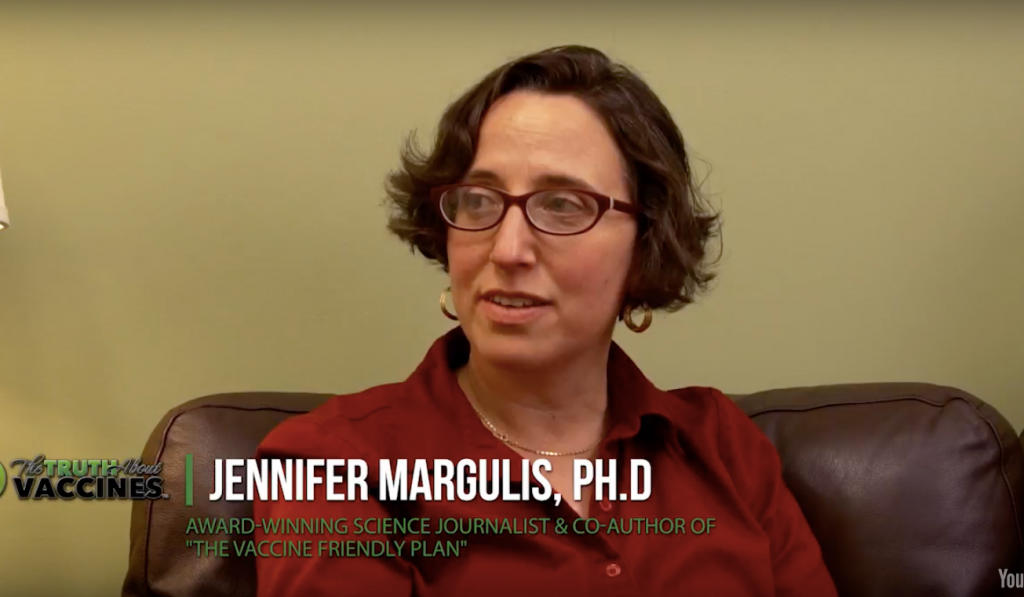Shining light into the dark corners is my job, which is why I co-wrote The Addiction Spectrum.
It’s also why I went to Wichita, Kansas.
Public health is in crisis. As a nation we are being negatively affected by opioid addiction, which affects at least 2 million people, killing more than a hundred people every day. Digital addiction is another huge problem, as is the rise in encephalitis and encephalopathy among our children.
I am the co-author of a science-forward, medically based book, The Addiction Spectrum, that includes a plan for recovery. I’ve interviewed many addicts (both active in their addiction and in recovery), dozens of medical doctors and other practitioners who work to improve health, and scoured the peer-reviewed scientific literature.
As opioid use skyrockets, more people than ever before are hooked on alcohol, stimulants, nicotine, and even screens.
I’ve investigated corruption in the foster care system, elder abuse, and painful medical procedures like episiotomies, among many other topics, but I find writing about addiction is especially hard.
There’s so much pain.
But there is also hope.
The opportunity to work with other leaders in the field to educate, inform, and encourage solutions fills me with optimism.
We need addiction solutions.
Drug overdose is one of the leading causes of death for Americans under fifty. The face of addiction has changed, but our solutions are stuck in the past.

A comprehensive look at addiction solutions
Which brings us back to Wichita, Kansas, where the District of Kansas Bar sponsored a conference on Addiction and Recovery, October 12th and 13th at the Drury Plaza Broadview Hotel in Wichita.
The event was an accessible and cutting-edge program to present the latest information available.
According to the organizers, “The conference will also view these issues from a business perspective as they pertain to mental health and Second Chance hiring.”
I was there to speak about how understanding that addiction happens on a spectrum leads to some new and very exciting actionable solutions to this crisis. (You can get the book from your local library or buy the book via my Amazon referral link here.)

Here’s the description of my talk:
The Addiction Spectrum: A New Way to Understand Addiction and Jumpstart Recovery
Most of us, from medical professionals to recovering addicts, think of addiction in black and white terms. We divide the world into two kinds of people: addicts and nonaddicts. So either you’re an alcoholic or you’re not, heroin-addicted or drug-free, with nothing in between. But is that really the way addiction works? What if it’s not so black and white?
In this talk we’ll explore how a scientific understanding of brain chemistry gives us a new way of looking at addiction: as a highly treatable condition that happens on a spectrum. When we recognize that addiction happens on a spectrum—from mild to moderate to severe—we can better explain the snowballing opioid epidemic, the skyrocketing rates of screen addiction, and the ongoing struggles so many Americans continue to have with alcohol overuse. Most importantly, understanding that addiction is a treatable condition that happens on a spectrum is crucial to jumpstarting recovery and preventing relapse.
Instead of seeing addiction as something that only affects weak-willed people, we will also discuss how and why it is often the most intelligent, creative, and outside-the-box thinkers who move the most quickly to the severe end of the spectrum.
Finally, this talk introduces 7 key strategies to optimize brain and body health that every person needs to overcome addiction, prevent future relapse, and feel better in every aspect of life. These include improving your gut microbiome, reducing exposure to toxins, and optimizing nutrition.
Scientific research that will be discussed includes “Alterations in Synaptic Plasticity and Oxidative Stress Following Long-Term Paracetamol Treatment in Rat Brain” (Neurotoxicty Research, July 2019); “Supplementation with Akkermansia miciniphila in overweight and obese human volunteers: a proof-of-concept exploratory study” (Nature Medicine, July 2019); and “Efficacy of Short-term Treatment of Internet and Computer Game Addiction: A Randomized Clinical Trial” (JAMA Psychiatry, July 2019); among other studies.
Whether you’re an educator, lawmaker, recovering addict, scientist, doctor, or lay person, don’t expect business as usual from this interactive presentation. Come with a willingness to change your mind, take back your health, and improve your life.
This conference was especially helpful because it’s not just for those struggling with addiction or family members of those struggling.
It included teachers, mental health professionals, substance abuse treatment providers, healthcare providers, police, lawyers, judges, and business leaders.
Subscribe to my newsletter to stay up to date on offerings and events like these. You won’t want to miss them.
Leave a Reply